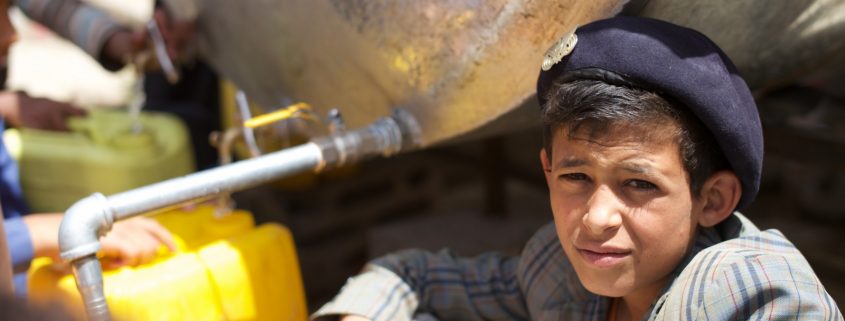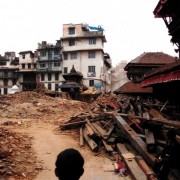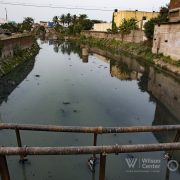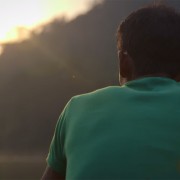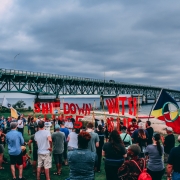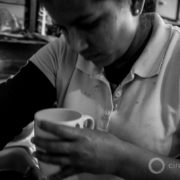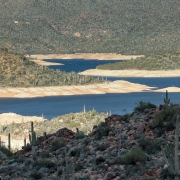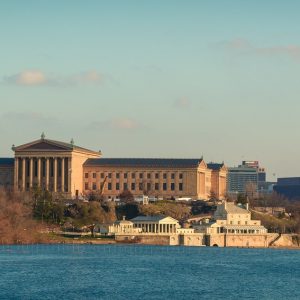HotSpots H2O, May 16: Yemen Declares State of Emergency Over Cholera Outbreak
The Global Rundown
Officials declared a state of emergency in Sana’a, Yemen after a cholera outbreak claimed dozens of lives. WASH initiatives are reaching thousands of Rohingya refugees who have fled from Myanmar to Bangladesh, but water access for the displaced population remains limited. War and water scarcity are endangering the livelihood of the Wayúu, Colombia’s largest indigenous group. UNHCR opens a twelfth camp for displaced Iraqis as food and water supplies diminish in besieged Mosul. UN Secretary General names water scarcity as a major driver of conflict and urges the global community to help fragile regions “build resilience.”
“It is essential to not just address the humanitarian crises, but to build resilience – of populations, of regions and countries – to create the conditions for those humanitarian crises not to be repeated.” –United Nations Secretary-General Antonio Guterres, in reference to the emergencies unfolding in Yemen, Somalia, South Sudan, and elsewhere. Guterres believes that the conflict and famine in these regions has been caused by factors such as climate change, mass migration, and water scarcity. Reuters
By The Numbers
434,000 Number of Iraqis who have been displaced from western Mosul since mid-February. Fighting between the Iraqi government and IS has left many areas of Mosul without food, water, or fuel. In response to the thousands fleeing the city, UNCHR has now opened a total of twelve DP camps. Relief Web
2,752 Total number of suspected cholera cases in Sanaa, Yemen, according to estimates by the World Health Organization. The waterborne disease has already killed at least 50 people, prompting officials in Sanaa to declare a state of emergency. Cholera and other diarrheal diseases are becoming more common in Yemen as conflict compromises the country’s supply of safe water. Reuters
Science, Studies, And Reports
Violence and persecution has forced thousands of Rohingya refugees to flee from Myanmar to Bangladesh in recent months. In response to the influx, the UN published their first Bangladesh Humanitarian Situation Report. A portion of the report highlights WASH initiatives among the displaced population, while also emphasizing the refugees’ inadequate access to clean water and proper sanitation conditions. Relief Web
On The Radar
A devastating combination of violence, drought, and unfavorable political conditions is endangering the 250,000 Wayúu people of northeastern Colombia. Armed conflict between the government and guerilla fighters destabilized the Wayúu homeland, and now prolonged drought is forcing many Wayúu to abandon their ancestral way of life and migrate to other areas of Colombia. In the process, a rich history of ethnic traditions and languages may be lost. Equal Times
Kayla Ritter is a recent graduate of Michigan State University, where she studied International Relations and Teaching English to Speakers of Other Languages. She is currently based in Manton, Michigan. Kayla enjoys running, writing, and traveling. Contact Kayla Ritter

